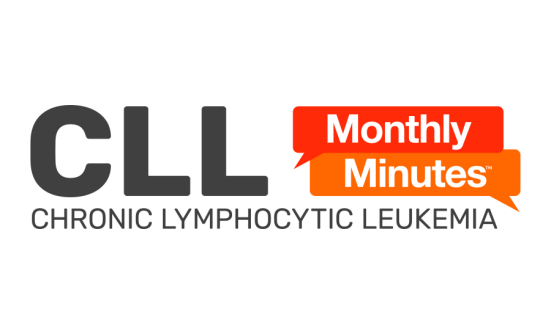Cannabis has been used for centuries for both medicinal and recreational purposes, and recent studies have suggested that its active compounds, called cannabinoids, may have anticancer benefits.1,2
Inside the body, cannabinoids function by binding to specialized cannabinoid receptors on the outside of cells.2 Cannabinoid receptors are commonly found in the brain and on cells of the immune system but have also been found in high quantities in both solid tumors and cancers of the blood.2 Interestingly, exposing cancer cells to cannabinoids in a laboratory has been shown to inhibit their ability to move, grow, divide, and produce new blood vessels—crucial features for a cancer cell.2
In a 2016 study, researchers found that chronic lymphocytic leukemia (CLL) cells have high quantities of cannabinoid receptors,2 but were unable to show that adding synthetic cannabinoids alone to CLL cells could significantly reduce their viability or ability to migrate.2 However, subsequent studies have shown that using natural cannabinoids, including cannabidiol (CBD) and tetrahydrocannabinol (THC), can have anticancer activity in leukemia cells.3 Notably, the ability to kill leukemia cells was improved when cannabinoids were used together, and an even stronger effect was seen when cells were treated with cannabinoids at the same time or right after having received chemotherapy.3
Although these findings are promising, it is important to remember that there is a lack of human clinical trials in this area.1 Cannabis extracts containing CBD, which by itself does not cause the “high” associated with THC, have a complicated legal status in the United States; all 50 states have legalized CBD, with some restrictions, whereas the federal government still considers it illegal but has refrained from enforcement.4
This means that CBD is generally available to individuals across the country, and often without a prescription. Because CBD is primarily marketed as a supplement, and not a medication, the US Food and Drug Administration does not regulate its safety or purity.4 Those considering using CBD should exercise caution, however. There are currently no regulations to ensure that the product they buy contains the active ingredients listed on the label.4 Furthermore, the CBD products could also contain other, unknown components.4 Finding the right dose of CBD can also be a challenge due to the absence of high-quality clinical studies, so individuals will have to experiment to find what works for them.1,4
The good news is that CBD is generally considered safe, although it can cause nausea, fatigue, irritability, dry mouth, and changes in appetite in some people.1,4 There is also a risk that CBD could interfere with other medications, so it is important to speak with your doctor before starting to take CBD, or any other nutritional or medicinal supplement.1,4
References
- Ashton L. CBD oil for leukemia: benefits, effects & how to use. Center for Advancing Health. Published January 9, 2021. www.cfah.org/cbd-oil-for-leukemia. Accessed March 19, 2021.
- Freund P, Porpaczy EA, Le T, et al. Cannabinoid receptors are overexpressed in CLL but of limited potential for therapeutic exploitation. PLoS One. 2016;11:e0156693.
- Scott KA, Dalgleish AG, Liu WM. Anticancer effects of phytocannabinoids used with chemotherapy in leukaemia cells can be improved by altering the sequence of their administration. Int J Oncol. 2017;51:369-377.
- Grinspoon P. Cannabidiol (CBD) - what we know and what we don’t. Harvard Health Blog. Published August 24, 2018. www.health.harvard.edu/blog/cannabidiol-cbd-what-we-know-and-what-we-dont-2018082414476. Accessed March 19, 2021.















